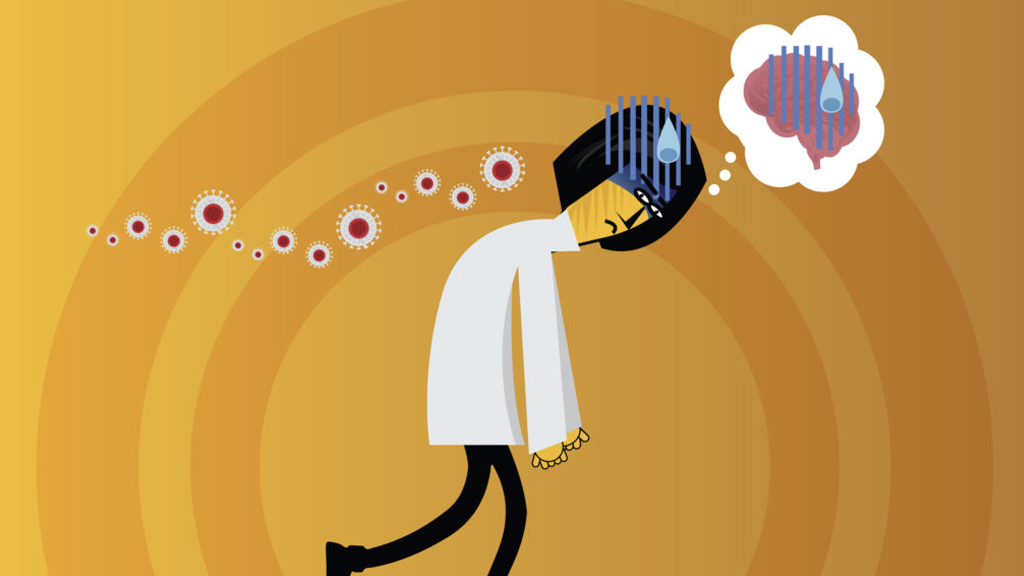Researchers across every discipline are redirecting their work in order to study COVID-19. The well-being of our global community depends on it. While some are exploring vaccines for the respiratory illness (according to the Guardian, 78 strains of the vaccine are currently in the works), others are saying that researching mental health issues around the pandemic is an equally important undertaking.
Long-lasting and significant effects
“Rapid and rigorous research into the impact of COVID-19 on mental health is needed to limit the impact of the pandemic.” The impact on the mental health of individuals may be long-lasting and significant, say experts in Lancet – Psychiatry journal.
There are countless mental health issues that are raised by the novel coronavirus and two major research thrusts. One explores the way isolation, social distancing and excess stress affects people. For instance, researchers are studying how individuals react when they are constantly bombarded with media and negative news stories.
The second is how the COVID-19 virus itself may break through neurological boundaries and cause changes to the mental health and well-being of those infected. Other coronaviruses have passed into the central nervous system, according to experts interviewed by CNN Health.
Still working
The range of articles emerging from this dark time show that researchers are working diligently behind the lines during the peak of this epidemic – hopefully within the confines of their “safe at home” or “shelter-in-place” orders.
In higher education, there are myriad articles published every day about how college students are coping. And there are thousands of very targeted, niche studies being undertaken, like how do hospitals protect the psychological well-being of nurses caring for COVID-19 patients?
Researchers with expertise in family life are conducting studies about how the crisis affects children and parents: “COVID-19 has far-reaching implications for children and parents. While I hope that something like this doesn’t happen again in our lifetimes, it is an important time for us to study how differing levels of stress impact parenting,” says Leslie Frankel, Ph.D., assistant professor of human development and family studies at the University of Houston.
Feeling down?
There is research pointing to how COVID-19 changes the mental health status of those infected. In some cases, encephalopathy or a malfunction of the brain may occur along with the stress and anxiety that is suffered by someone infected with COVID-19.
Michael Zvolensky, Ph.D., distinguished professor in the department of psychology at University of Houston and director of the Anxiety and Health Research Laboratory and Substance Use Treatment Clinic, says even those without the disease may suffer: “Many people worry about infection risk. Anxiety is apt to be exacerbated by the uncertainty surrounding the pandemic, including virus risk potential, severity of COVID-related symptoms, and social isolation, among others. Although anxiety about the pandemic is normal, certain individuals – specifically, persons high in sensitivity to stress, may be particularly vulnerable to COVID-19 related stress presently and even when the social distancing measures are loosened.”
Slow going
While the disease spreads quickly, the research unfolds more slowly than most we would like. An article on the World Economic Forum about COVID-19 research reads: “People and institutions tend to have a certain inertia, and it’s not easy to alter their speed or course. Working within a compressed timeline, we’ve had to make changes and accommodations in order to reach ambitious goals.”
If you are thinking about taking your mental health research in a different direction now that the pandemic has firmly taken hold, the NIH and NSF can help you determine what proposals to submit. There are funds for this type of research, after all, it is timely and absolutely required during these uncertain times.



